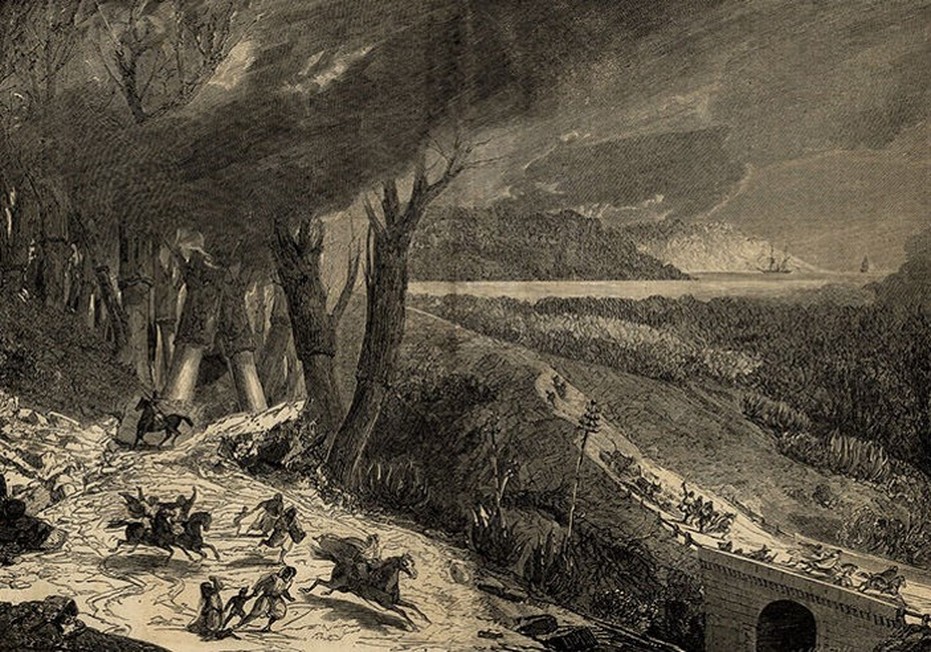|
My book manuscript investigates the relationship between Mediterranean mobile pastoralism and nineteenth-century French forestry through case studies in Provence, French colonial Algeria, and Ottoman Anatolia. It is both comparative and connective, exposing themes of climate and environmental change as well as the evolution of discourse about such changes. In these three Mediterranean contexts, the application of French forest science reflected environmental concerns as well as French imperial ambitions. Aimed largely at regulating and marginalizing Mediterranean mobile pastoral traditions, forest administration in these regions ultimately became a process of negotiation in which local pastoralists played an active role. The encounters of French foresters and pastoralists in Provence, Algeria, and Anatolia affected inhabitants and the environment in significant and often unforeseen ways. At the same time, they transformed forest science and forest practices within France and around the world. In addition, I am currently working on an article titled “The ‘Most Tragic Scourge’: Social Protest, Natural Disasters, and the Waning of the Little Ice Age in the Mediterranean.” In the mid- to late nineteenth century, the end of the Little Ice Age brought milder temperatures and better ecological conditions to many parts of the world. As my investigation reveals, however, some Mediterranean contexts suffered more extreme weather and weather-related incidents such as floods, droughts, frosts, fire, epidemics, and famine. This study uses climate data to assess social, political, and intellectual responses to natural disasters in the Mediterranean world through case studies in Provence, Algeria, and Anatolia. It argues that nineteenth-century understandings of extreme weather blended cultural, political, economic, and climatic factors.
Andrea E. Williams is Director of International Studies at Colorado State University. She received her doctorate from Georgetown University in 2013. Her research focuses on the environmental history of Western Europe, the Mediterranean, and the Middle East.
3 Comments
jaeseu
1/13/2023 08:30:33 pm
Thanks for such a pleasant post. This post is loaded with lots of useful information.
Reply
Leave a Reply. |
Archives
August 2021
Categories |


 RSS Feed
RSS Feed